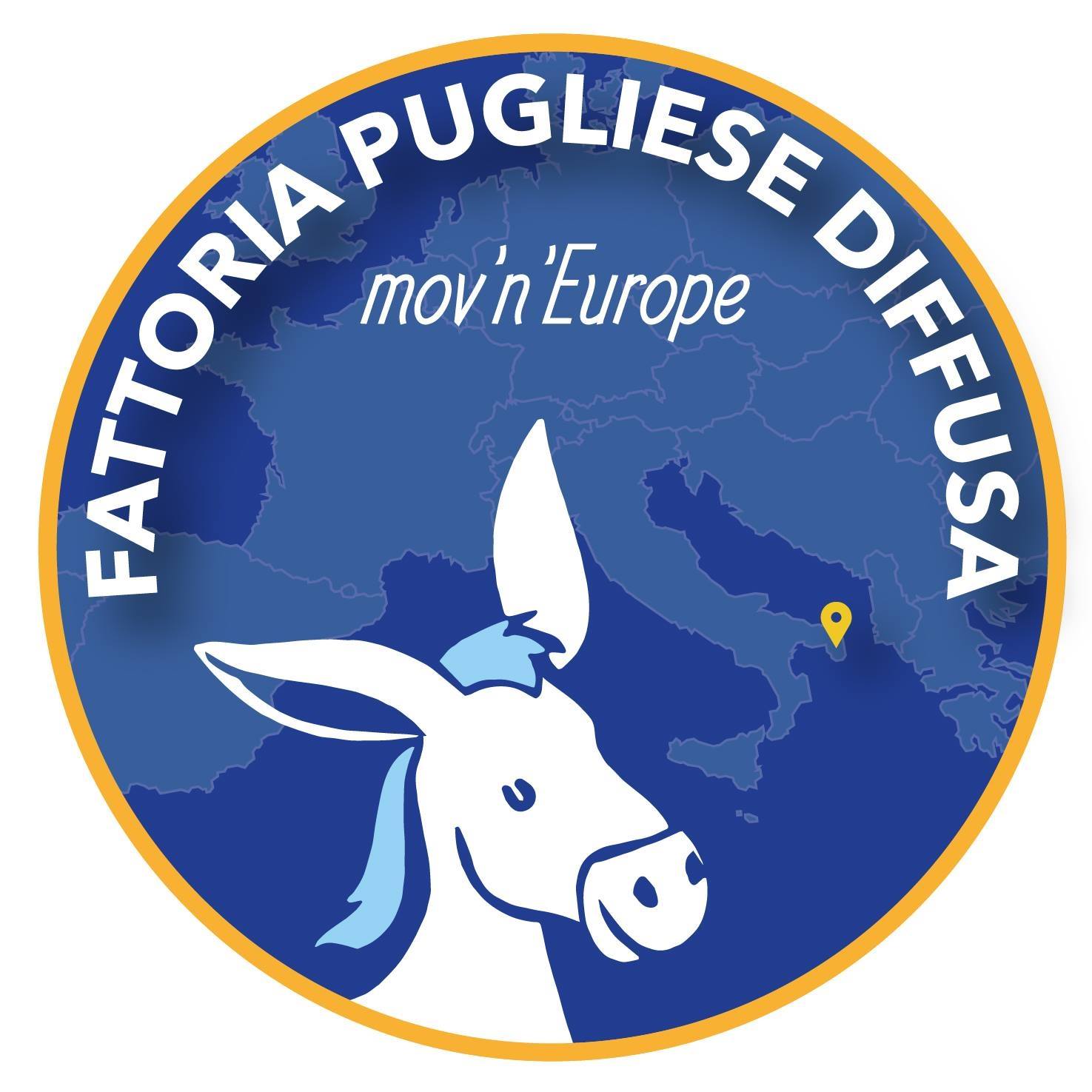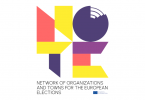On the basis of the life stories and contemporary witnesses of civilians, forced laborers, and prisoners of war who at the end of World War II became “stateless”. They have been called Displaced Persons (DPs). After the war, many “locals” had a distanced attitude towards the DPs. and this helped stereotypes and evaluations as ‘inferior people’ to persist, becoming also behaviors that reinforces reports of criminality and anti-Semitic tendencies
The aim, of this project is to let young people from Germany, Poland, and Italy reflect in intercultural teams on this often forgotten chapter of recent European history at authentic locations and experience contemporary references – accompanied by their smartphones
The central question of this project is: What are the foundations of a diverse and open society? The approach to this chapter of European post-war history that is often neglected. The topic of discussion will be the history and the fate of the approximately eleven million so-called Displaced Persons (“DPs”), survivors of “homeless” civilians of the Second World War and Shoah survivors
This project intended to encourage the participants to reflect on fundamental questions of modern coexistence: What are “human rights” independent of any particular political status?
At the same time, the aim was to experience in the individual life stories what status of deprivation of rights, internment, migration repatriation means for people on both an individual and a societal level. Was pointed out the experience of the inhumane exploitation of labor through forced labor and the concrete living conditions during and after survival are to be considered







